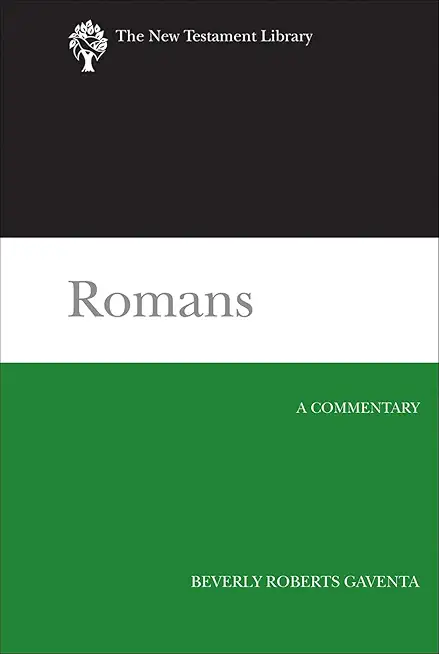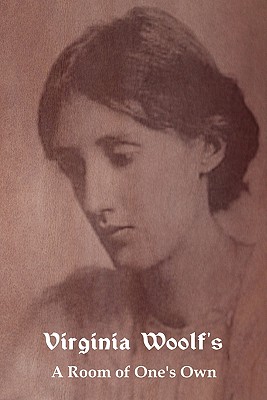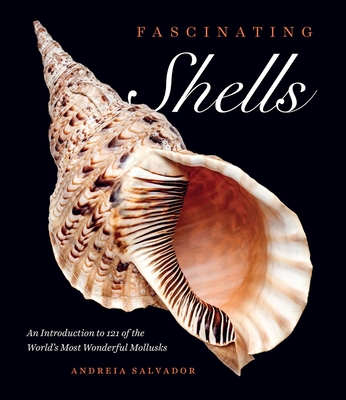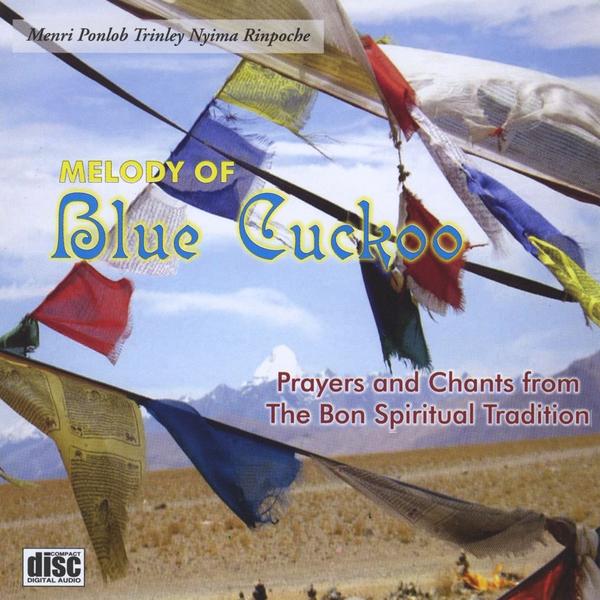
Attention to that dual sense of event means that Gaventa attends to the literary, historical, and theological features of the letter.
Throughout the commentary, Gaventa keeps in view central questions of what Paul hoped the letter might accomplish among its listeners in Rome and how his auditors might have heard it when read by Phoebe. In posing potential answers to these questions, Gaventa touches on vital themes such as the intrusion of the gospel of Jesus Christ that prompts Paul to write in the first place, what that event reveals about the situation of all creation, how it relates to both Israel and the Gentiles, and what its implications are for life in faith.
The New Testament Library series offers authoritative commentary on every book and major aspect of the New Testament, providing fresh translations based on the best available ancient manuscripts, critical portrayals of the historical world in which the books were created, careful attention to their literary design, and a theologically perceptive exposition of the biblical text. The contributors are scholars of international standing. The editorial board consists of C. Clifton Black, Princeton Theological Seminary; John T. Carroll, Union Presbyterian Seminary; and Susan E. Hylen, Candler School of Theology, Emory University.







